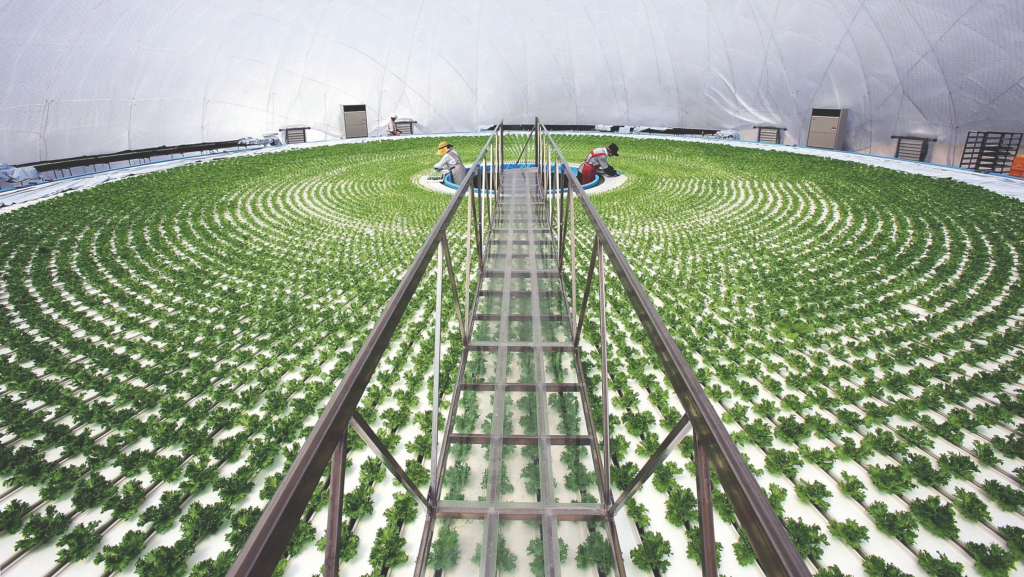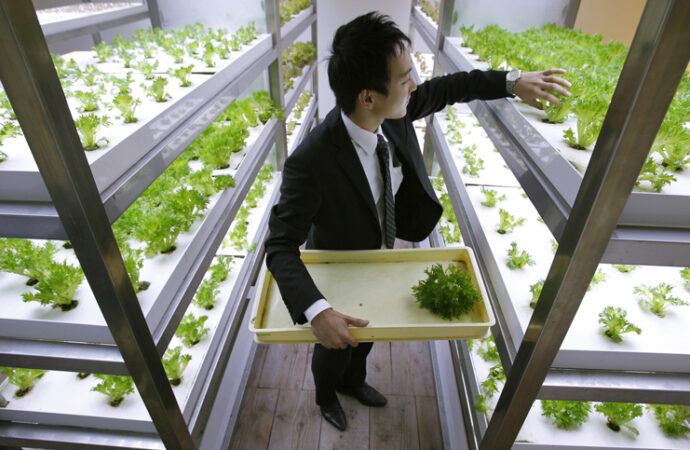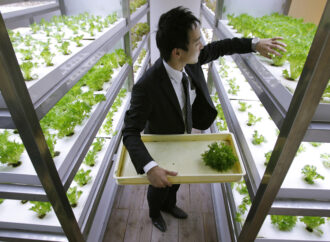Green Horizons: Remarkable Tales of Environmental Triumph Worldwide.
In the bustling cities of Japan, a quiet revolution is transforming how food is produced and consumed. Urban farming, a practice once considered niche, has become a central component of Japan’s efforts to create a more sustainable and resilient food system. This movement is not only addressing food security and reducing the environmental impact of traditional agriculture but also revitalizing urban spaces and fostering community engagement.
Japan’s urban farming revolution can be traced back to the country’s need to address several pressing challenges. With limited arable land, a high population density, and heavy reliance on food imports, Japan faced vulnerabilities in its food supply chain. Additionally, the environmental impact of conventional agriculture, including greenhouse gas emissions, pesticide use, and water consumption, prompted a search for more sustainable alternatives.

One of the most iconic examples of urban farming in Japan is the Pasona Urban Farm in Tokyo. Located in the heart of the city, Pasona Urban Farm is a stunning integration of agriculture into a corporate environment. The farm occupies multiple floors of the Pasona Group’s headquarters, where office spaces coexist with rice paddies, vegetable plots, and fruit trees. This innovative approach not only provides fresh produce for employees but also serves as a powerful symbol of sustainable urban living.
Pasona Urban Farm utilizes cutting-edge techniques such as hydroponics and vertical farming. Hydroponics involves growing plants in a nutrient-rich water solution without soil, which significantly reduces water usage and allows for precise control over growing conditions. Vertical farming stacks layers of crops in a controlled environment, maximizing space efficiency and enabling year-round production. These methods reduce the carbon footprint associated with traditional farming and minimize the need for pesticides and herbicides.

Another notable initiative is the development of rooftop gardens across Tokyo. Buildings such as the Roppongi Hills complex and the Shibuya Excel Hotel Tokyu have transformed their rooftops into lush gardens that produce a variety of vegetables and herbs. These gardens not only provide fresh, local produce but also offer green spaces that improve air quality, reduce urban heat island effects, and enhance the aesthetic appeal of the city.
Urban farming in Japan extends beyond corporate settings and rooftops. Community gardens and small-scale urban farms are proliferating in neighbourhoods across the country. These spaces provide residents with the opportunity to grow their own food, reconnect with nature, and build stronger community ties. Programs such as Tokyo’s “Green Tokyo Fundraising Initiative” support these efforts by providing grants and resources to establish and maintain urban gardens.

The benefits of urban farming in Japan are multifaceted. Environmentally, it reduces the carbon footprint of food production by decreasing transportation distances and promoting sustainable agricultural practices. Economically, it creates new opportunities for businesses and entrepreneurs in the urban agriculture sector. Socially, it enhances food security, promotes healthier diets, and fosters community cohesion.
Educational institutions are also playing a crucial role in the urban farming movement. Schools and universities are incorporating urban agriculture into their curricula, teaching students about sustainable practices and the importance of local food production. These educational initiatives are nurturing a new generation of environmentally conscious citizens who are equipped to drive further innovation in urban farming.

Japan’s urban farming revolution is a testament to the power of innovation and community collaboration in addressing global challenges. By reimagining urban spaces and adopting sustainable agricultural practices, Japan is creating a blueprint for cities worldwide to follow. The movement is not just about growing food; it’s about cultivating a sustainable future where cities and nature coexist harmoniously. As urban farming continues to flourish, it promises to play a pivotal role in building resilient, green cities that prioritize the well-being of both people and the planet.






























Leave a Comment
Your email address will not be published. Required fields are marked with *